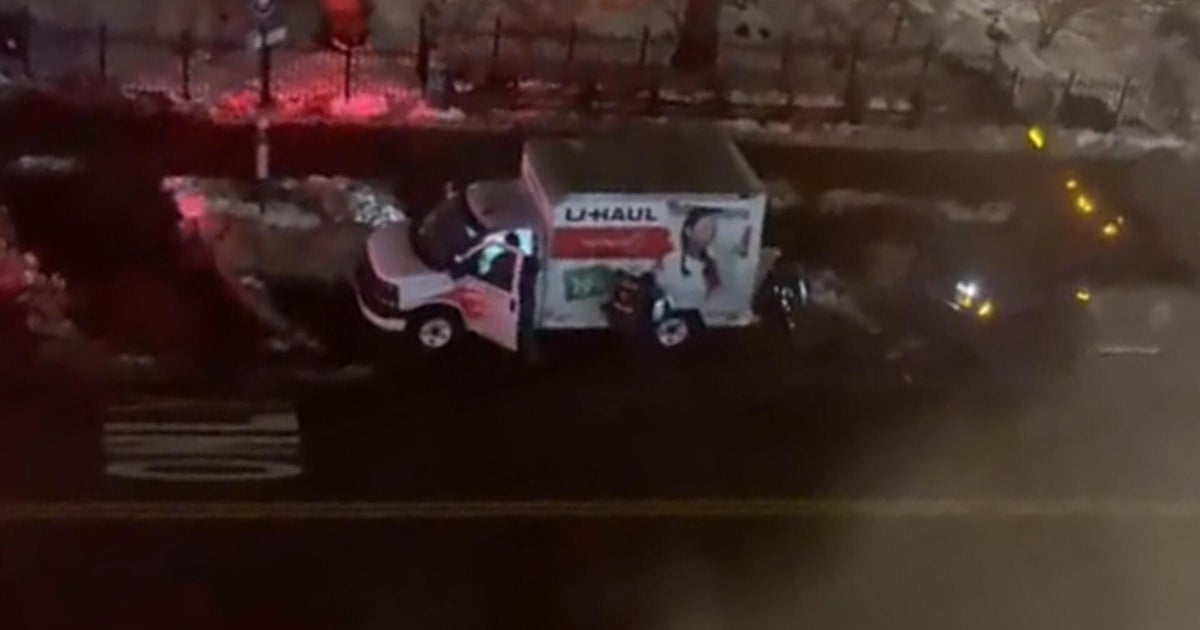Doctor: Don't Arrest Kids For Sexting, Teach Them Better
Psychiatrist Decries Child Porn Charges Against Teens
(CBS) -- As Barrington police crack down on students caught sexting and two other suburban middle schools investigate their own sexting incidents, one psychiatry expert said authorities should not rely on criminal charges to punish teens who probably don't know any better.
"That's part of the problem. They're not thinking. Their brains aren't really developed yet, so … they don't have a lot of logic developed. They're impulsive. They're not seeing into the future. They're not really thinking about consequences," said Dr. Sarah Katula, a psychiatrist at Advocate Good Samaritan Hospital.
WBBM Newsradio's Kimberly Easton reports Barrington police have charged two 14-year-old boys with possession of child pornography after sharing sexually explicit videos and images with fellow students.
Police in Homer Glen and Batavia also have been investigating similar sexting incidents at middle schools in those suburbs last month.
"I'm saddened and I'm sickened for these children and their families," Katula said.
Katula acknowledged sexting is a serious issue that deserves punishment, but arresting junior high students for child pornography is not the answer.
"Instead of arresting, charging, convicting – which is so traumatic – we [should] do more teaching," she said. "The children have to go through a certain educational in-service."
She said arresting children for child pornography if they're caught sexting only adds unnecessary trauma to their lives when they didn't understand the potential impact of what they were doing.
"The law is one thing, but I don't think we're paying attention to development," she said. "I mean, it's dangerous, and we don't want them to do it, and we need to protect them; but to convict them, they're brains aren't developed yet, and they don't understand the consequences."
Katula said juveniles who share naked pictures of each other are just exploring their sexuality through technology that wasn't available to 20 or 30 years ago.
"Adolescents were looking at magazines, or going behind the bleachers of the school, or they were exploring in a different way," she said.
No matter how sexting appears to adults, Katula said today's kids see it differently.
"They're becoming hormonal, and sexting is … to them, it's a little bit safer," she said.






